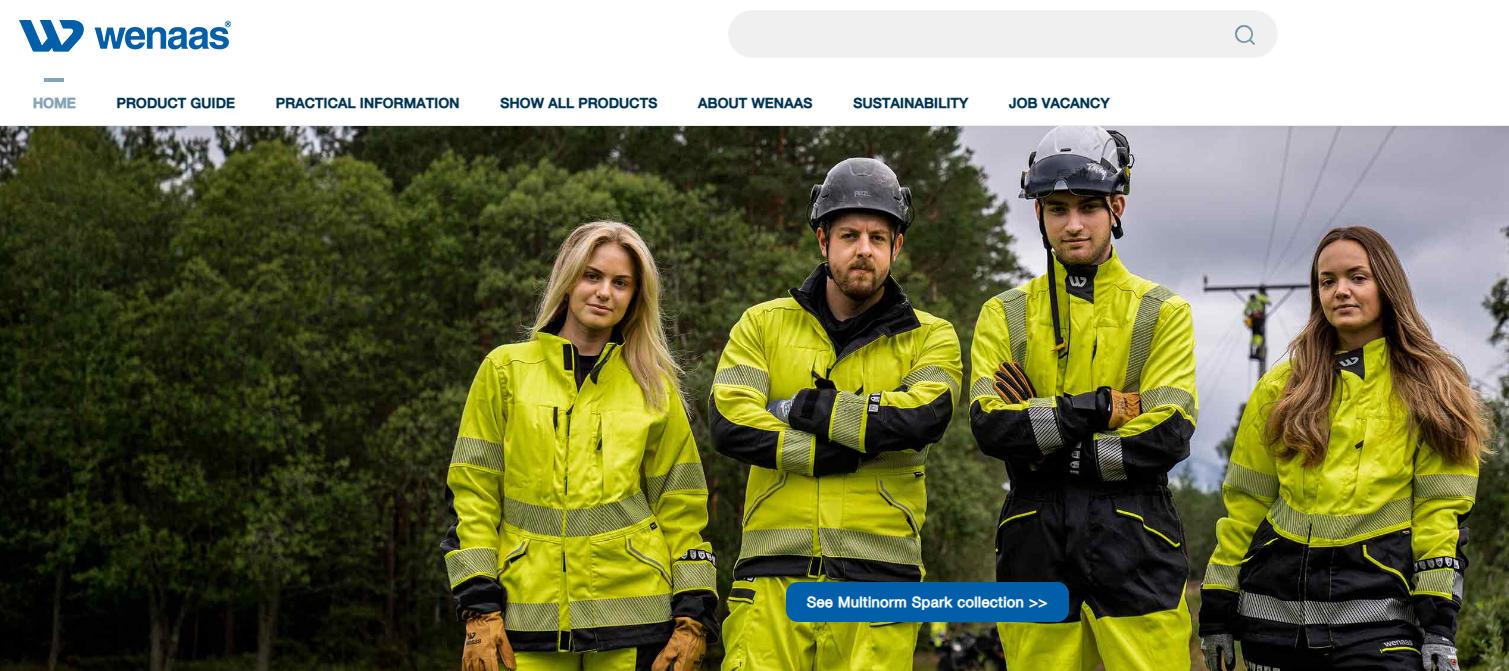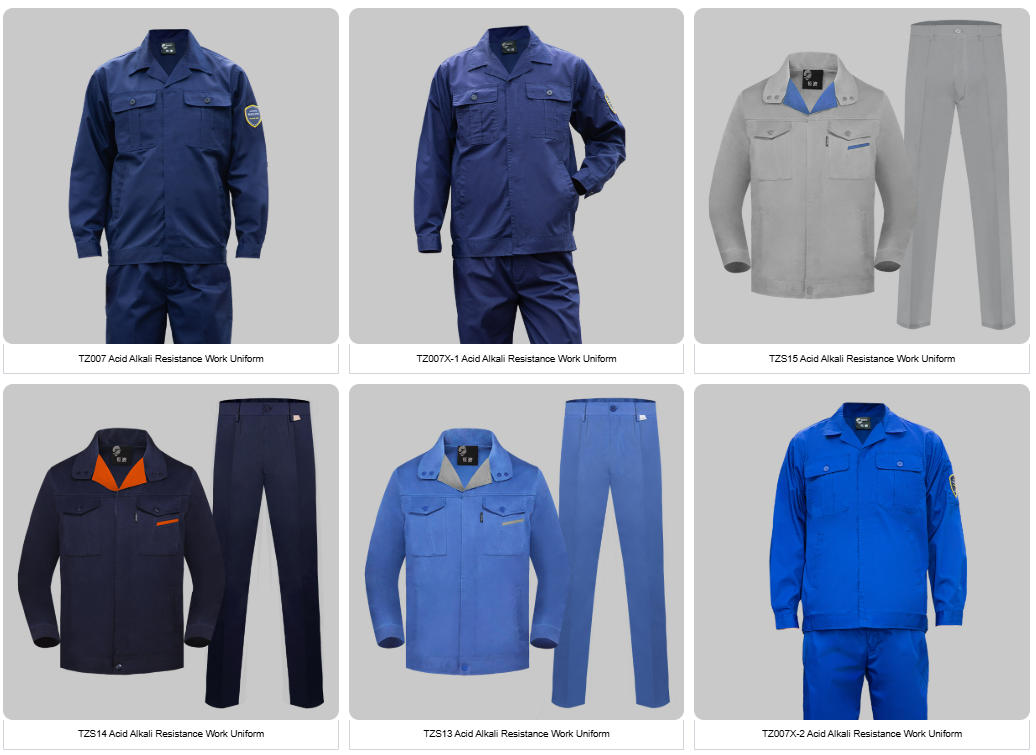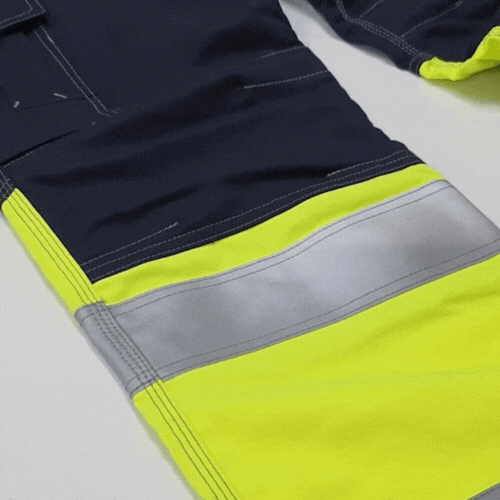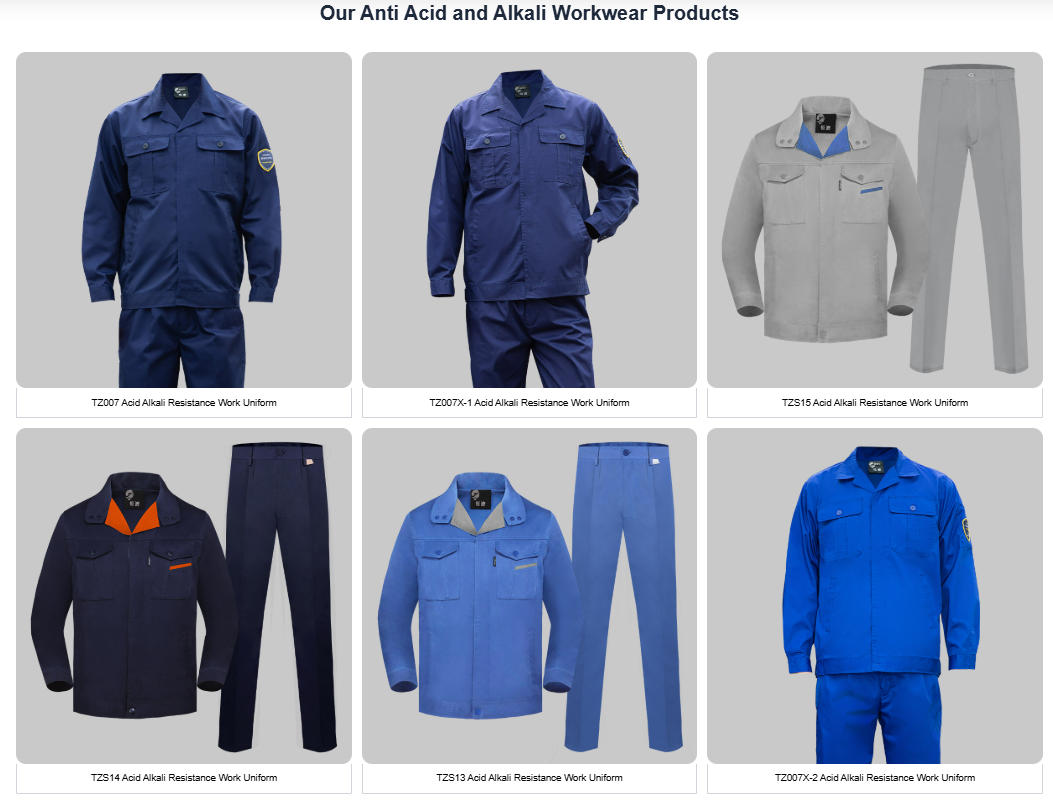That is an excellent and very important question. However, it’s also one of the most difficult to answer definitively because there is no single “most ethical” company.
“Ethical” is a broad term that covers many different factors, and companies often excel in one area while lagging in another. The “best” company often depends on which ethical issues you prioritize most.
Instead of naming one winner, it’s more helpful to understand the key pillars of ethical fashion and which companies are recognized as leaders in those areas.
The Pillars of an Ethical Clothing Company
-
Labor Rights & Fair Treatment: Safe working conditions, fair living wages (not just minimum wages), no child or forced labor, and workers’ rights to unionize.
-
Environmental Sustainability: Using organic or recycled materials, reducing water and energy use, managing chemical waste, and having a robust plan for reducing carbon emissions.
-
Transparency & Traceability: openly sharing information about their factories, supply chains, and business practices. You can’t verify ethics without transparency.
-
Animal Welfare: Using cruelty-free materials, avoiding wool, leather, fur, or down obtained through inhumane practices.
-
Circularity & Longevity: Designing clothes to last, offering repair services, and having take-back or recycling programs to keep clothes out of landfills.
Top-Tier Ethical Contenders (By Category)
Here are companies consistently rated highly by ethical fashion watchdogs like Good On You and Remake.
1. For Overall Leadership & Transparency
-
Patagonia: Often considered the gold standard. They are a certified B Corp, donate 1% of sales to environmental causes, are incredibly transparent about their supply chain, offer a legendary repair program (Worn Wear), and use a high percentage of recycled materials. They actively advocate for environmental policies.
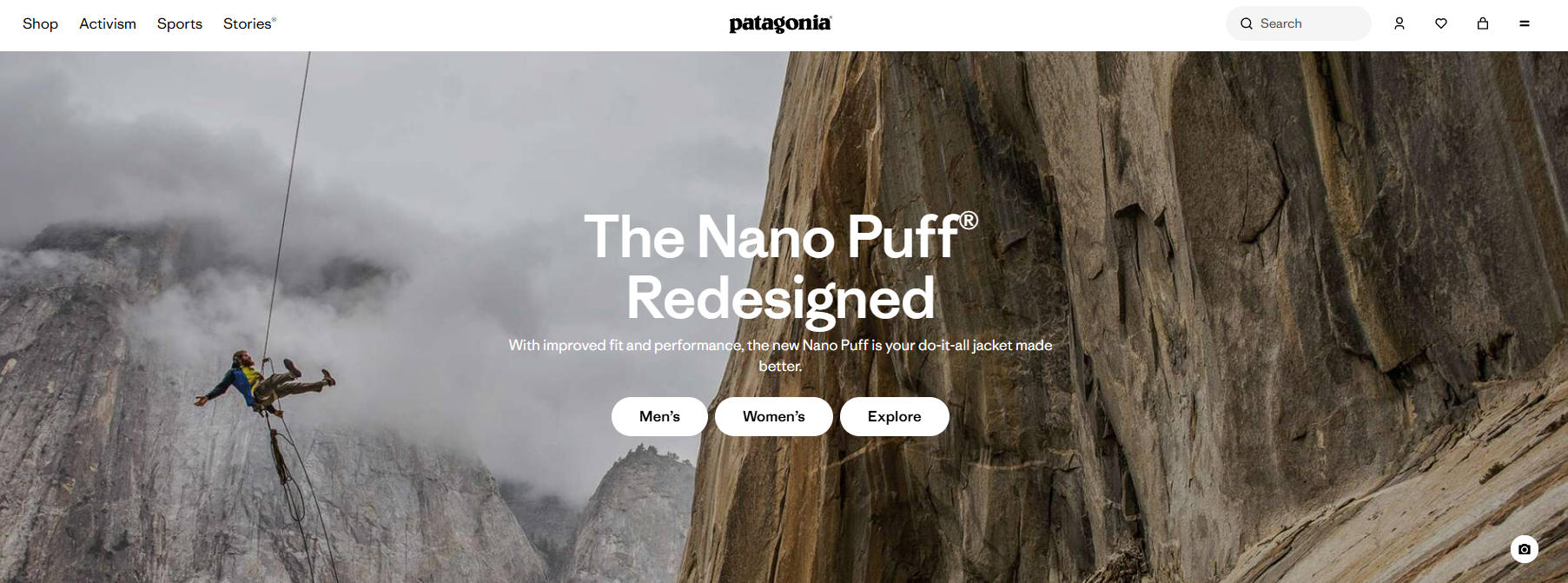
patagonia -
ABLE: Their entire mission is centered on ending poverty by providing economic opportunities for women. They are one of the most transparent companies in the world, publishing their lowest wages annually to be held accountable for providing a living wage.
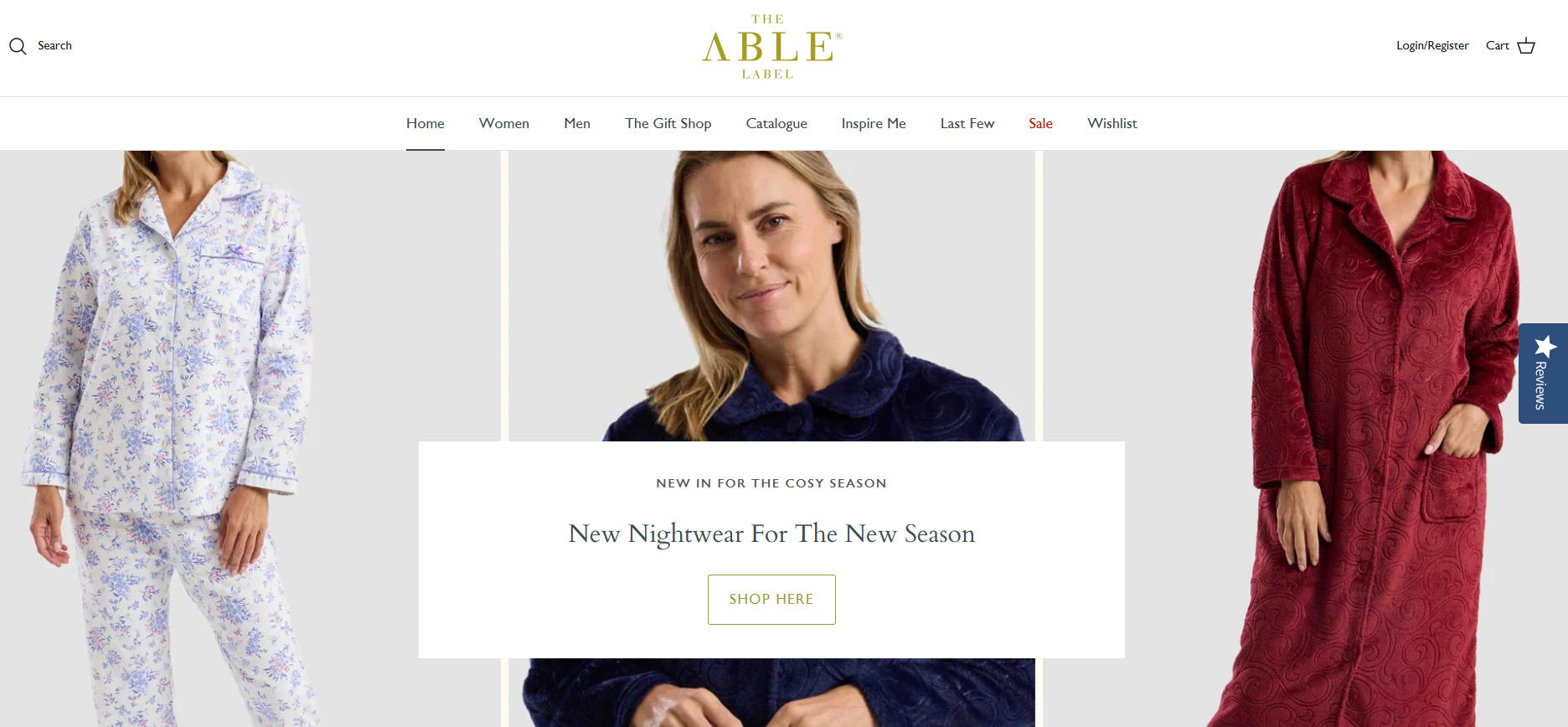
able
2. For Best Labor Practices & Living Wages
-
Kotn: Built on direct relationships with cotton farmers in Egypt, ensuring fair pay and ethical conditions from the field to the factory. They are B Corp certified and invest in community projects like building schools in the farming communities they source from.
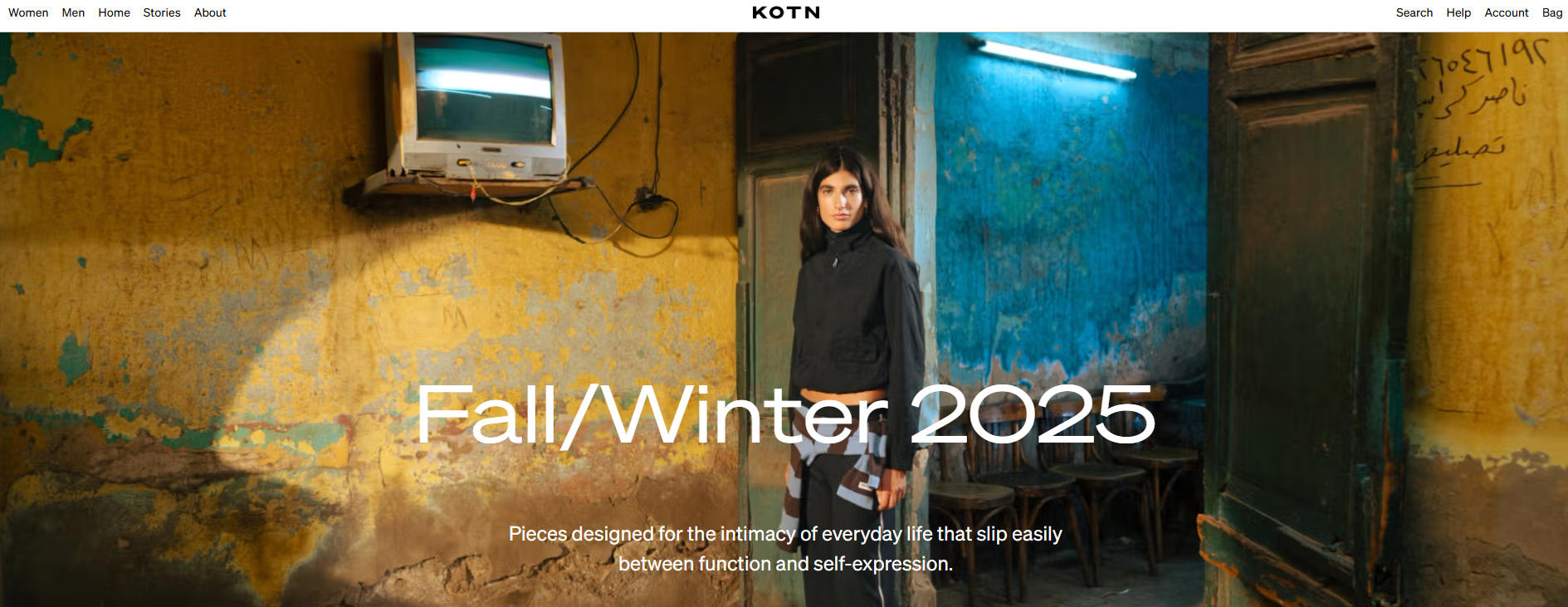
kotn -
Pact: Focuses on affordable, organic cotton basics. Their factories are Fair Trade Certified, meaning they pay a premium that goes directly to the workers for community and business development projects.
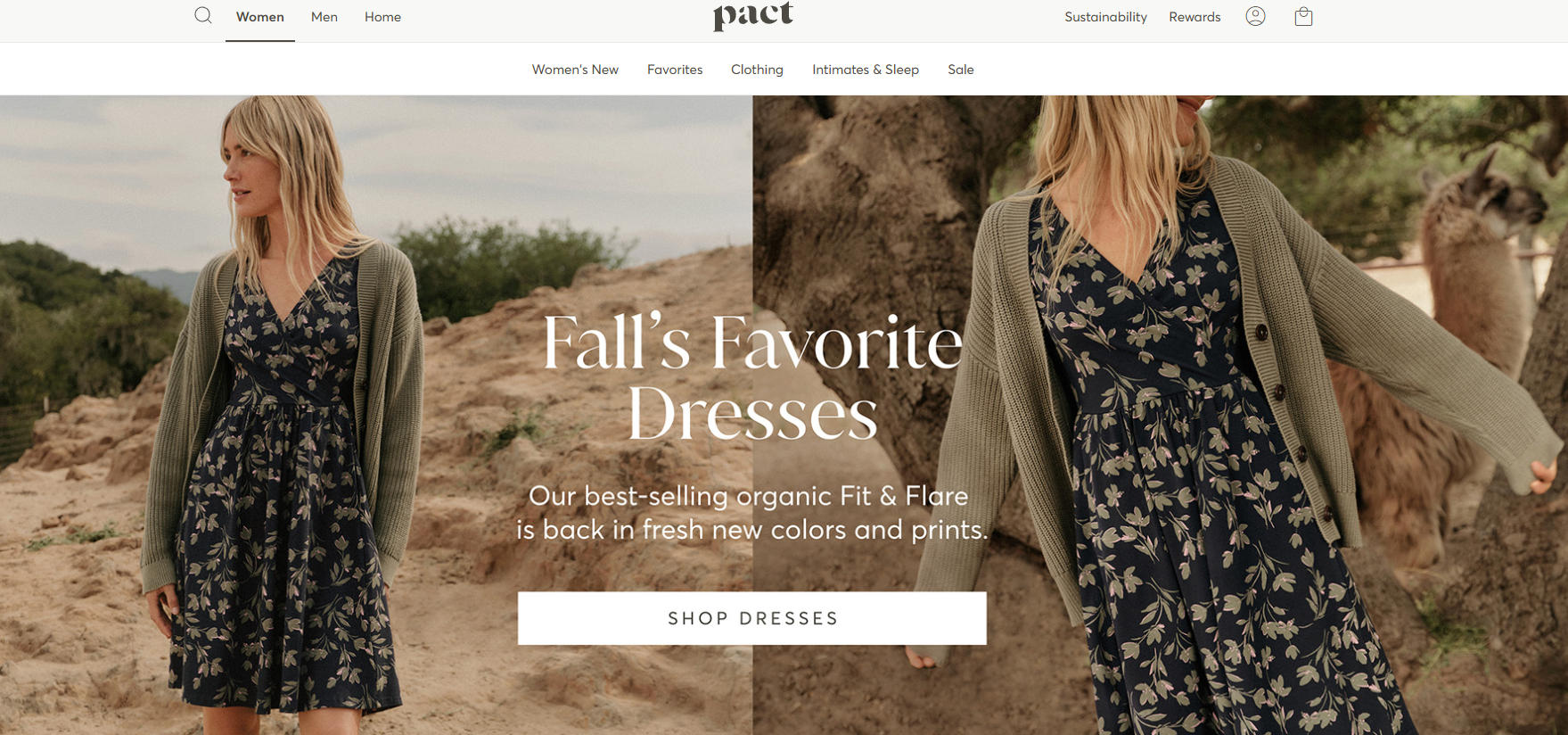
pact
3. For Environmental Innovation
-
tentree: For every item purchased, they plant ten trees. They are a B Corp and are committed to becoming completely climate positive. They use materials like recycled polyester, organic cotton, and Tencel.
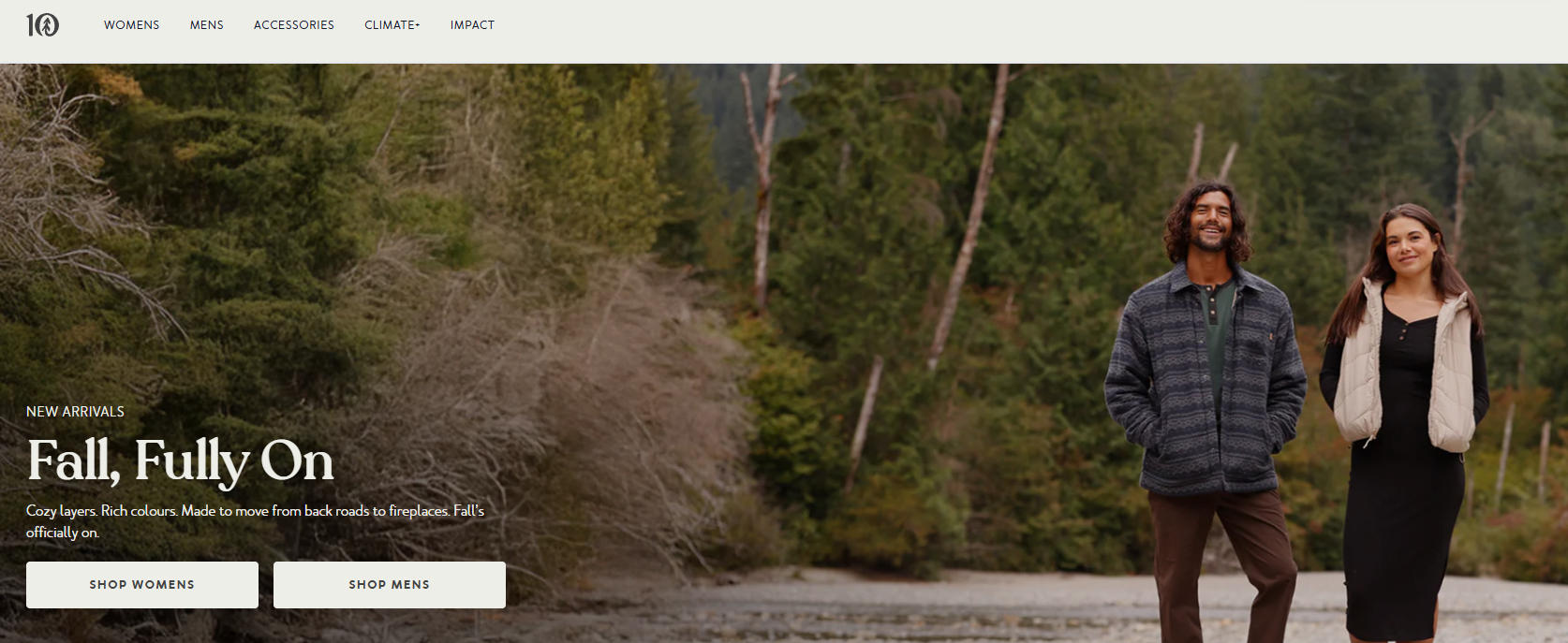
tentree -
Reformation: Famous for its cool style and strong commitment to sustainability. They are carbon neutral, use deadstock and sustainable fabrics, and provide extensive sustainability reports for each garment.
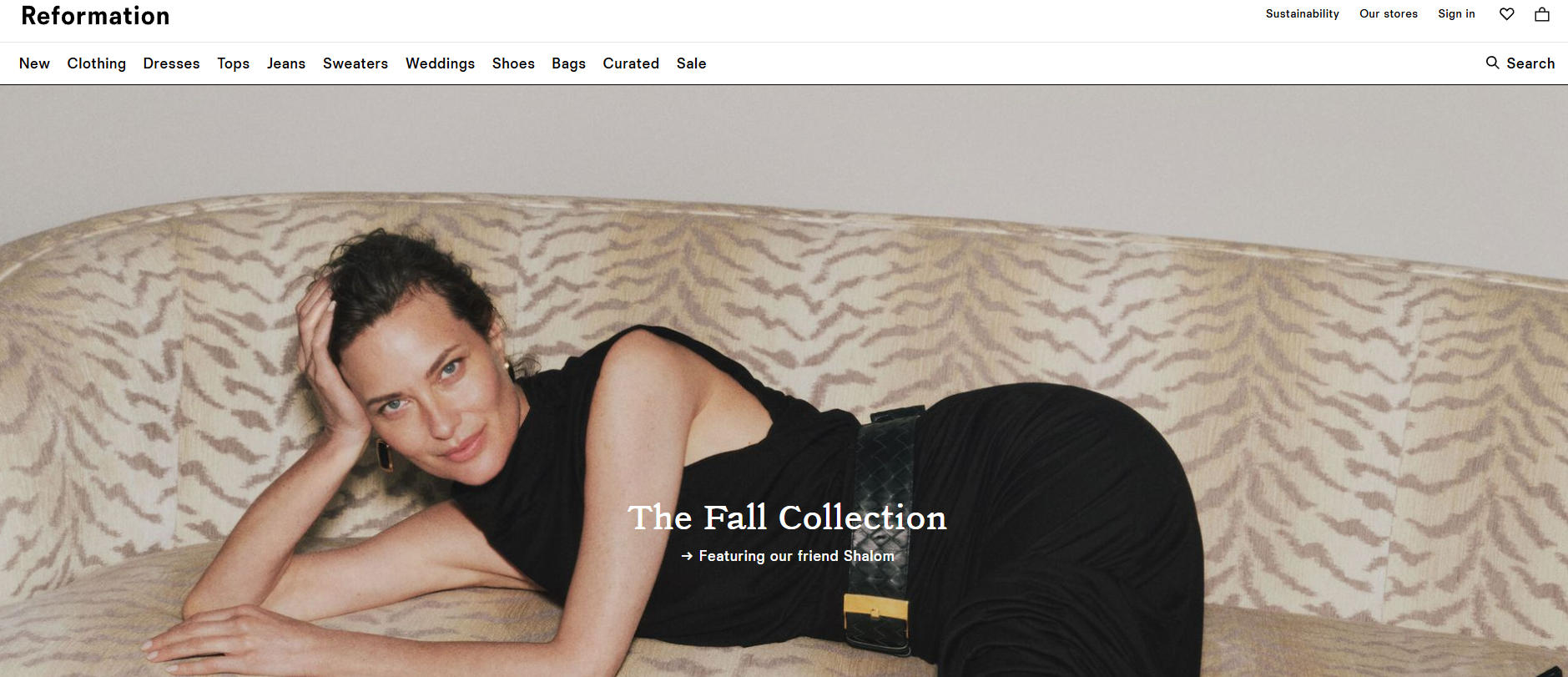
reformation
4. For Vegan & Animal Welfare Focus
-
Will’s Vegan Store: Uses innovative, bio-based materials for shoes, boots, and accessories. They are completely vegan and have a transparent, carbon-neutral supply chain powered by renewable energy.
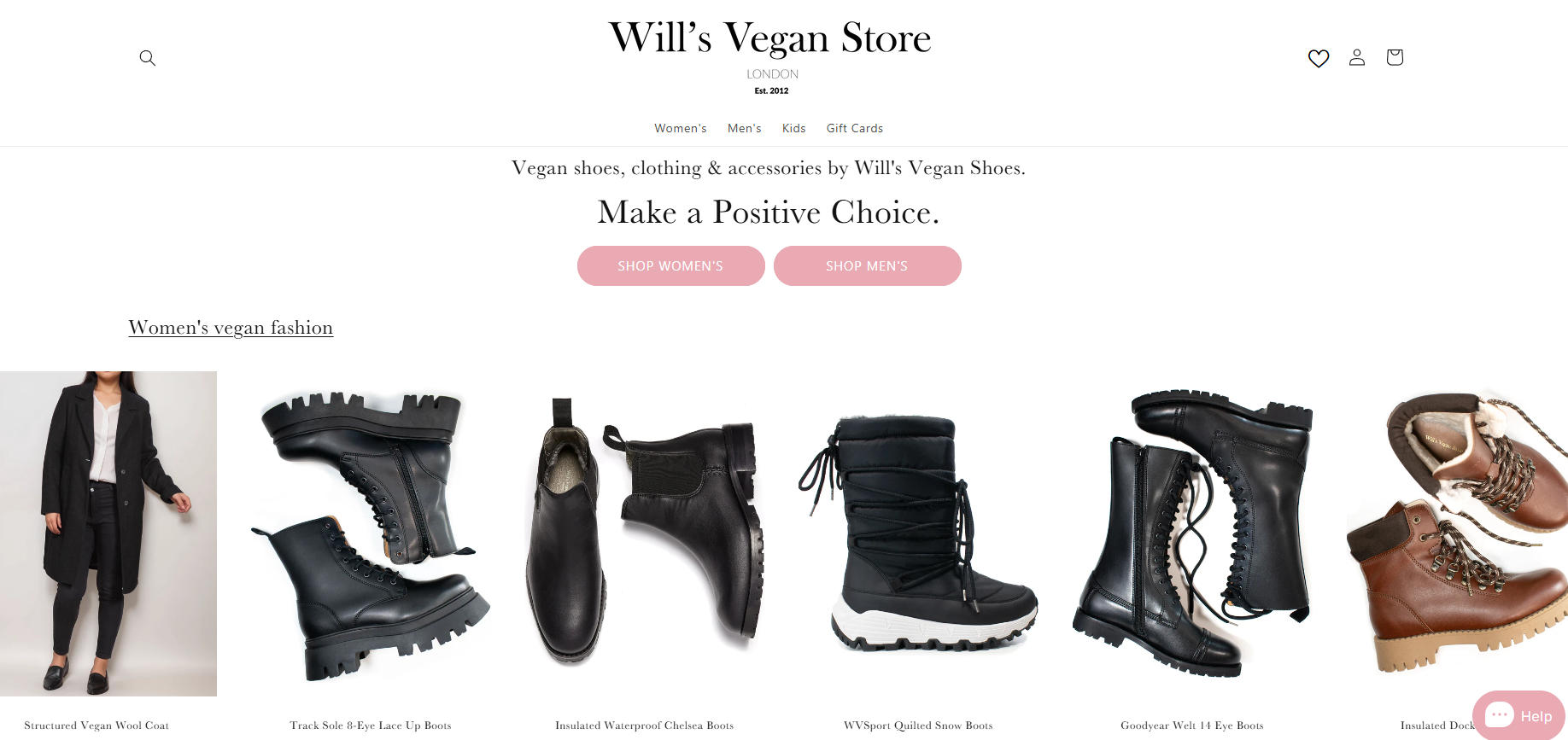
will’s vegan store -
Stella McCartney: A luxury designer who has been a pioneer in sustainable and vegan fashion for decades. She never uses leather, fur, or feathers and constantly invests in material innovation like mycelium-based “leather.”
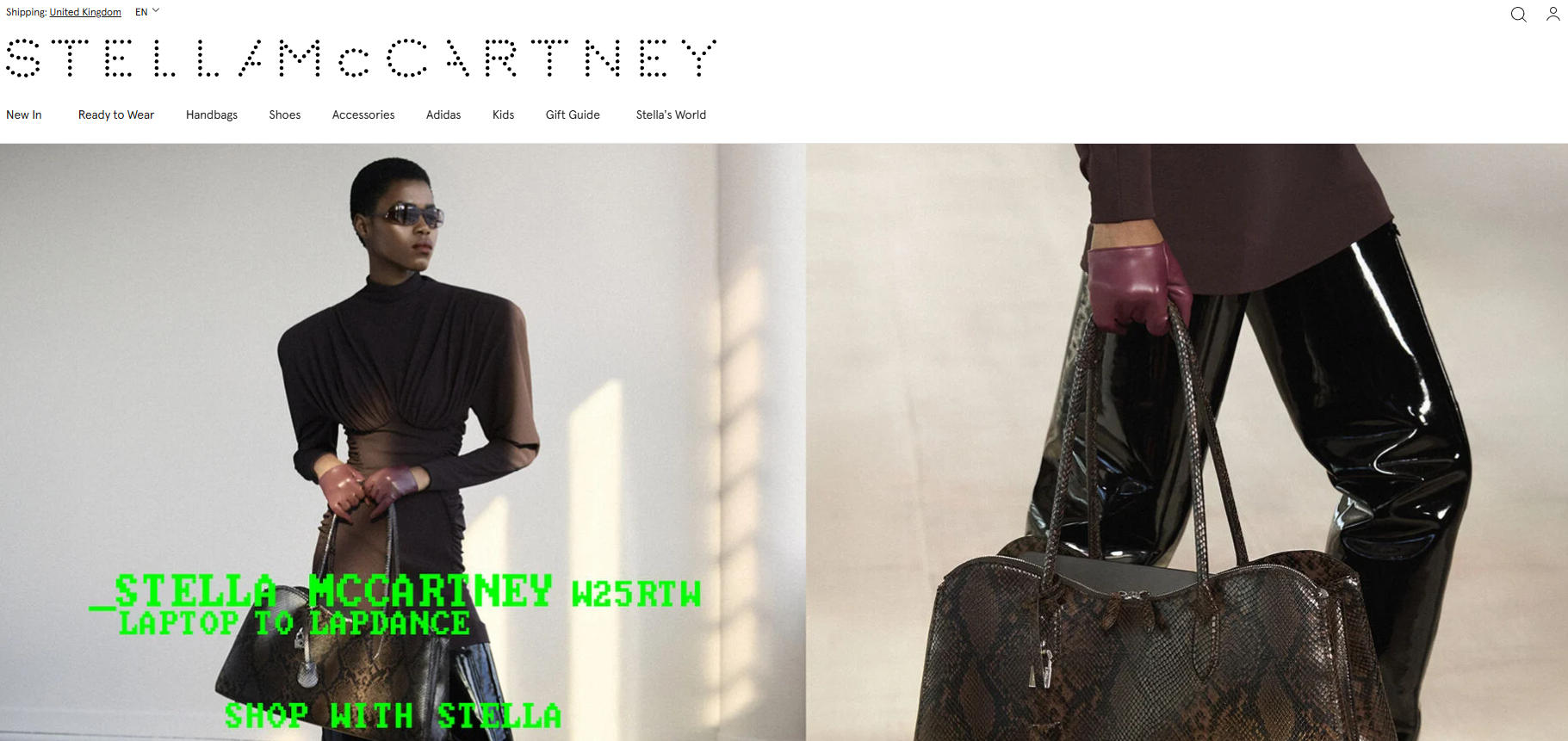
stella mccartney
5. For Affordable Ethical Options
-
Known Supply: Sells ethically manufactured sweaters, tees, and home goods. Every item is signed by the person who made it, putting a human face on the supply chain. They use Global Organic Textile Standard (GOTS) certified cotton and audit their factories for social and environmental impact.
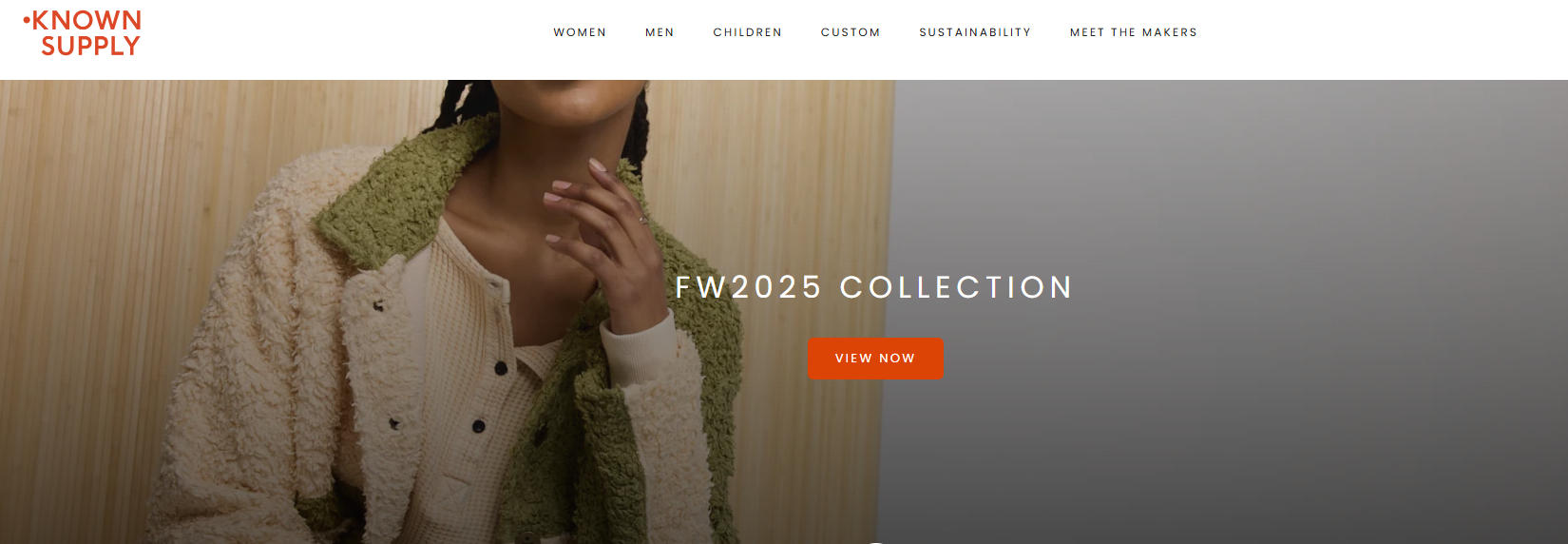
known supply -
Boody: A great option for everyday basics and underwear made from sustainably harvested bamboo. They are a B Corp certified company with a focus on low environmental impact.
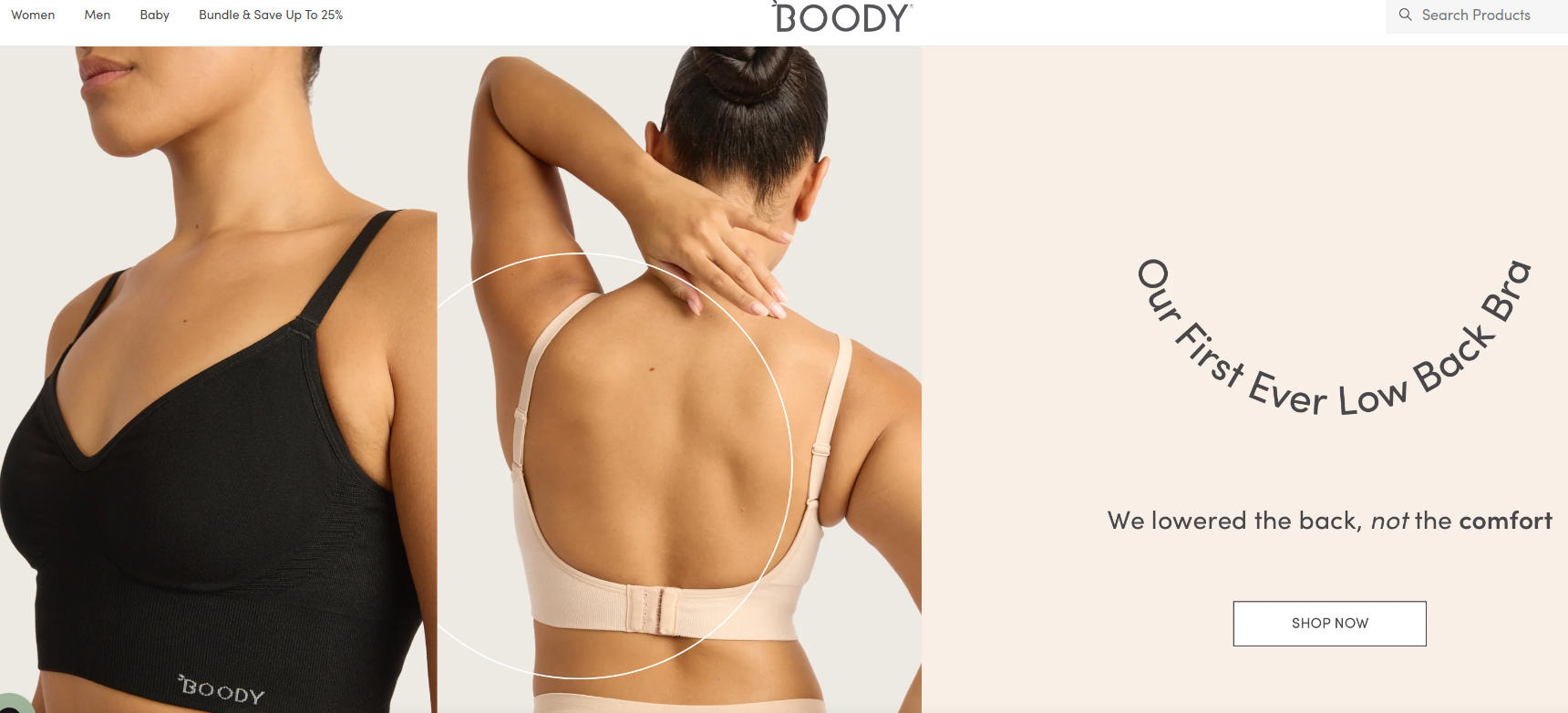
boody
How to Decide for Yourself: A Practical Guide
Since no company is perfect, the best approach is to be an informed consumer:
-
Use Rating Platforms: Check websites and apps like Good On You and Remake’s Brand Directory. They rate hundreds of brands on their labor, environmental, and animal policies.
-
Look for Certifications: Trust, but verify. Look for independent certifications like:
-
B Corp Certification: Meets high standards of social and environmental performance.
-
Fair Trade Certified: Ensures fair wages and conditions for workers.
-
GOTS (Global Organic Textile Standard): For organic fibers.
-
BLUESIGN®: For safe and sustainable textile manufacturing.
-
-
Prioritize Your Values: Do you care most about workers’ rights? Animal welfare? Environmental impact? Choose brands that align with your top priority.
-
The Most Ethical Option Isn’t New: The single most sustainable and ethical garment is the one that already exists. Buying second-hand from thrift stores or platforms like ThredUP or Depop is a fantastic choice.
In summary: While brands like Patagonia, ABLE, and Kotn are frequently at the top of “most ethical” lists for their comprehensive and transparent efforts, the best choice is to support companies that are openly trying to do better and that align with your personal values.

